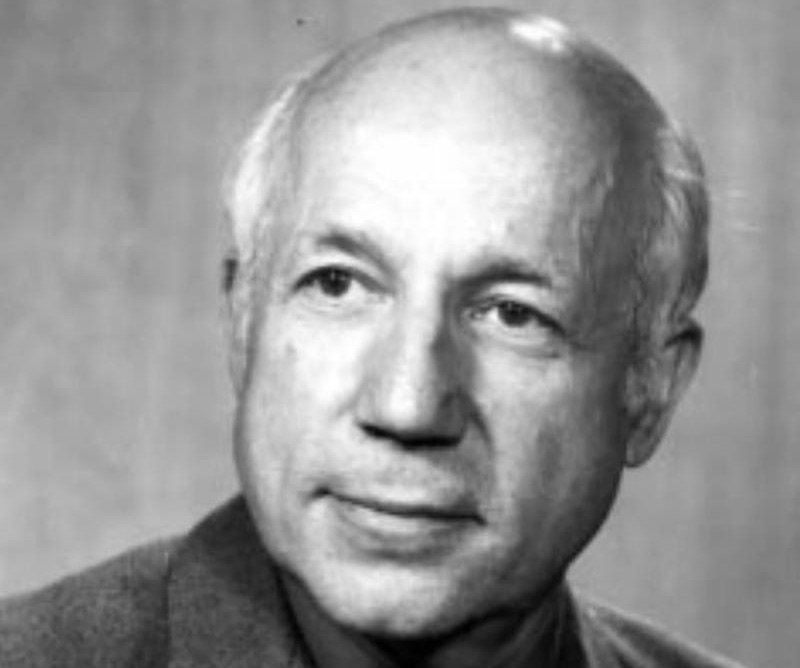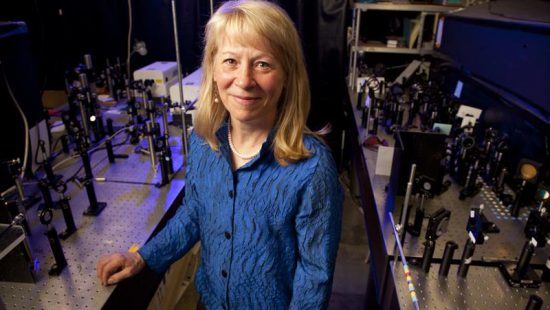Even elementary school students are familiar with chemist Melvin Calvin’s work. Calvin spent several decades studying chemistry and molecular biology, but he is most well known for his research on photosynthesis.
Calvin’s goal was to explain the process of photosynthesis — the way plants use energy from the sun to convert carbon dioxide into oxygen. Through his research, he identified a series of steps that has since been called the “Calvin Cycle,” which is still taught in science classes today.
Calvin’s career was almost cut short in the 1940s when he suffered a heart attack at age 38. Since both his father and uncle died of heart attacks at age 37, the chemist was resolved not to follow the same path.
Determined to continue his research for decades to come, Calvin quit smoking and lost weight. After a year-long sabbatical, he returned to the laboratory healthier than ever and continued his work for nearly fifty years until he passed away at 85.
By Rachel Warren






